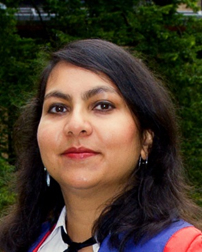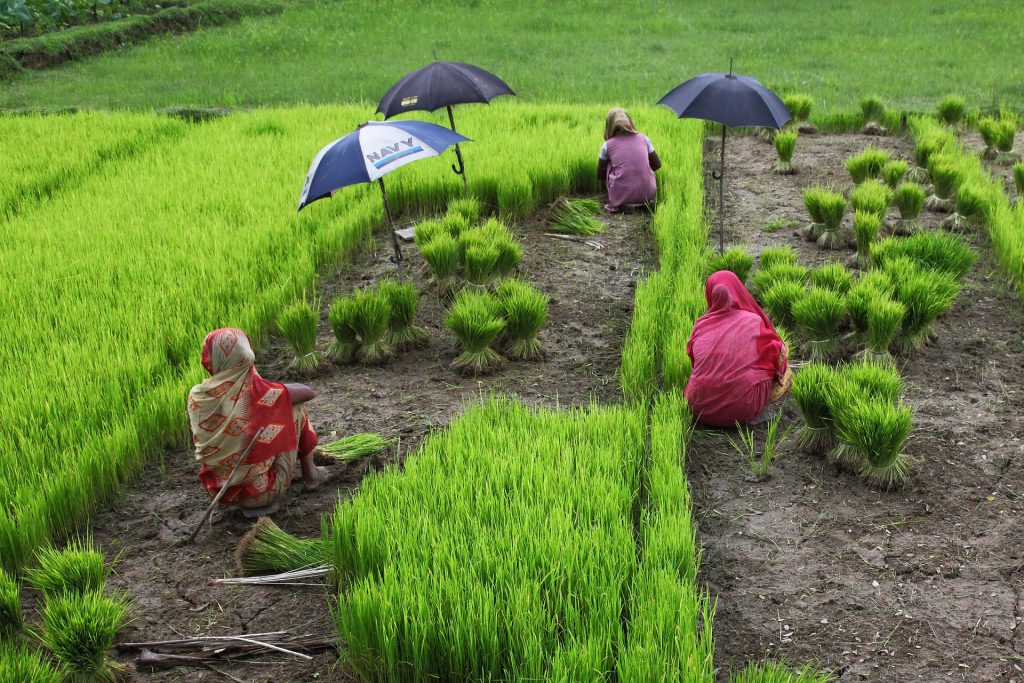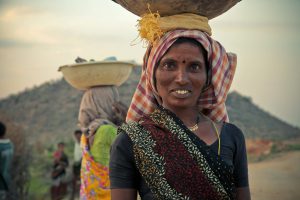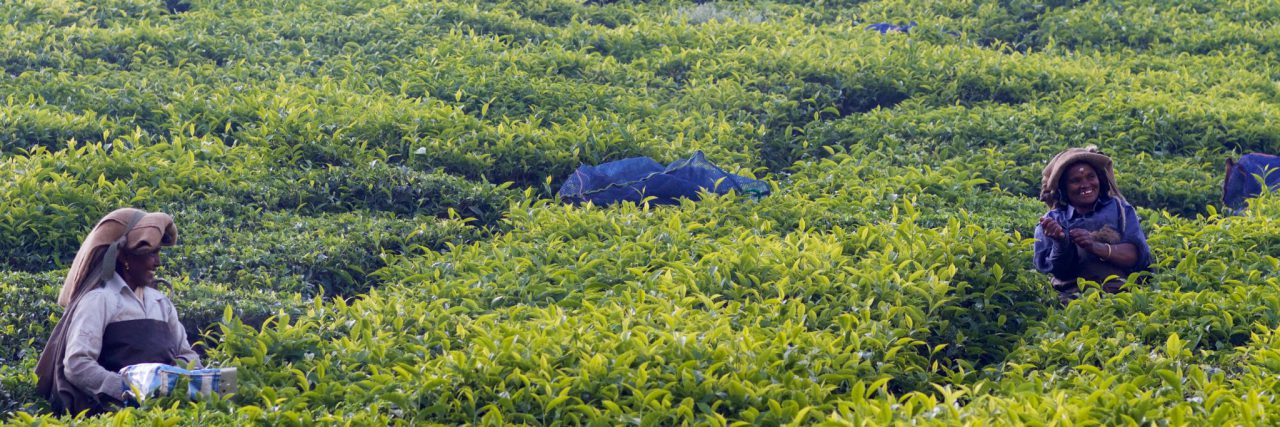On a day like International Women’s Day, it is important to talk about how women’s rights and empowerment cut across various parts of our lives – whether we are women, men, or any other gender – across the world. This day provides an opportunity to highlight how enhancing equality between men and women can enhance the growth of economies – through, among other things, food security, agriculture, and nutrition – as well as simply improving the day-to-day lives of people everywhere.

The Global Challenges Research Fund (GCRF), a £1.5 billion UK government fund supporting cutting-edge research to addresses the challenges faced by developing countries, is actively working – along with numerous partner organisations that share the same goals – to build research capacity, drive innovation and generate research evidence to aid policymakers to improve the health, dignity and prosperity of people living in low and middle income countries. The Fund aims do so in a pragmatic and effective way, taking into account the local context of women’s participation across societies and recognising the contributions that women should be not just permitted but actively encouraged to make.
Why is such research important? Research shows us that numerous inequalities exist between men and women in South Asian food systems (that encompass agriculture, food security, and nutrition – everything from farms to tables and even beyond to food waste). South Asia continues to show the most significant nutrition gap between boys and girls of any region in the world, with women and girls at a significant disadvantage – and the causes for this gap may well be responsible for the striking level of undernutrition there as a whole. Women’s contribution to agricultural work in South Asia often goes uncounted, too, despite being a significant addition to an already heavy burden of domestic responsibilities – a burden that incurs nutritional costs for both themselves and their households.
Where conflict and associated displacement and natural disasters have exacerbated challenges to food systems as a whole, like Sri Lanka, particular types of challenges have arisen for women in affected communities. Changes in ecosystems such as land degradation or rising water levels and shifting water flows – in Bangladesh and the Maldives, for example – have created obstacles to production, employment, and nutrition that are especially heightened for women relative to men. Even in times of relative stability, the perception of women as providing informal assistance rather than being farmers in their own right, furthermore, restricts their access to formal mechanisms for participating in agriculture such as agricultural credit and training, while unequal rights over land and other assets due to local customs and laws further restrict their opportunities.

Meanwhile, in Sub-Saharan Africa, women make up half the agricultural workforce overall, and even more than half in several countries (PDF). But these women only produce up to about two-thirds less per unit of land than men. Even where men and women use the same amount of a particular resource, men get higher yields as a result, regardless of their access to key resources like fertiliser, training, and labour. Could this be due to the quality of fertiliser seeds, hired labour, or land that women have access to relative to men? Research certainly shows that improving these factors could make a significant difference to women farmers in this region.
Research also shows that policymakers should incorporate encouraging women in particular to participate in agriculture. Giving women the same access as men to agricultural resources could increase production on women’s farms in developing countries by 20 to 30 percent, an increase that would feed 100 to 150 million people in the world, according to the UN’s Food and Agriculture Organization.
But how should those policymakers encourage this access, in practice? There are numerous nuances that could be considered in designing and implementing policies and programmes to improve the nutritional status and food security of women and girls and their larger communities.

For example, the amount of time women spend on domestic work and agriculture can have different impacts on women’s dietary diversity depending on socioeconomic status and local context. Meanwhile, land ownership may not have a strong correlation with nutritional outcomes, but livestock assets may well do instead – suggesting that encouraging livestock rather than land ownership may well be both more pragmatic and more effective in achieving better nutrition. It is important to consider, nevertheless, that increased land ownership among women generally leads to increased empowerment, linked in turn to improving child nutrition, although changes in asset ownership and associated agricultural inputs can have different influences on household decision-making depending on context, and therefore different nutritional outcomes, too. Tensions exist, too, between the larger drive for increased food production and climate change, highlighting the need to look across all of the United Nations Sustainable Development Goals as the GCRF does in terms of addressing such food production with health, education, and climate change impacts in mind.
The quality of research that can best help produce effective policies and programmes will take into account these nuances, whether they are focused on food production, delivery, consumption, or disposal. International Women’s Day is an opportunity to remember that the policies and programmes that have been and will be most effective recognise that the equal participation of women and men in all of these food-related mechanisms is essential to improving not just agricultural economies or children’s nutrition but the quality of every-day, individual people’s lives.
About Tahrat Shahid
Dr Tahrat Shahid, GCRF Challenge Leader for Food Systems, has over a decade of international development and policy research experience, focusing on South Asia and Sub Saharan Africa across organisations including the World Bank, Oxford Policy Management, and the ONE Campaign. Her current research interests include food systems, gender, and the politics of religion.



